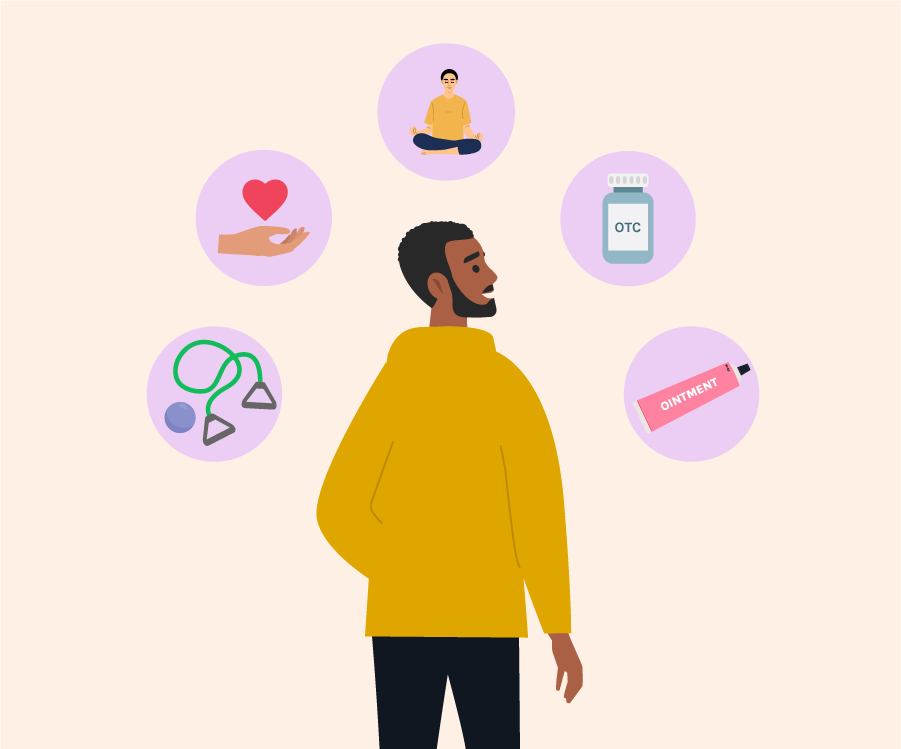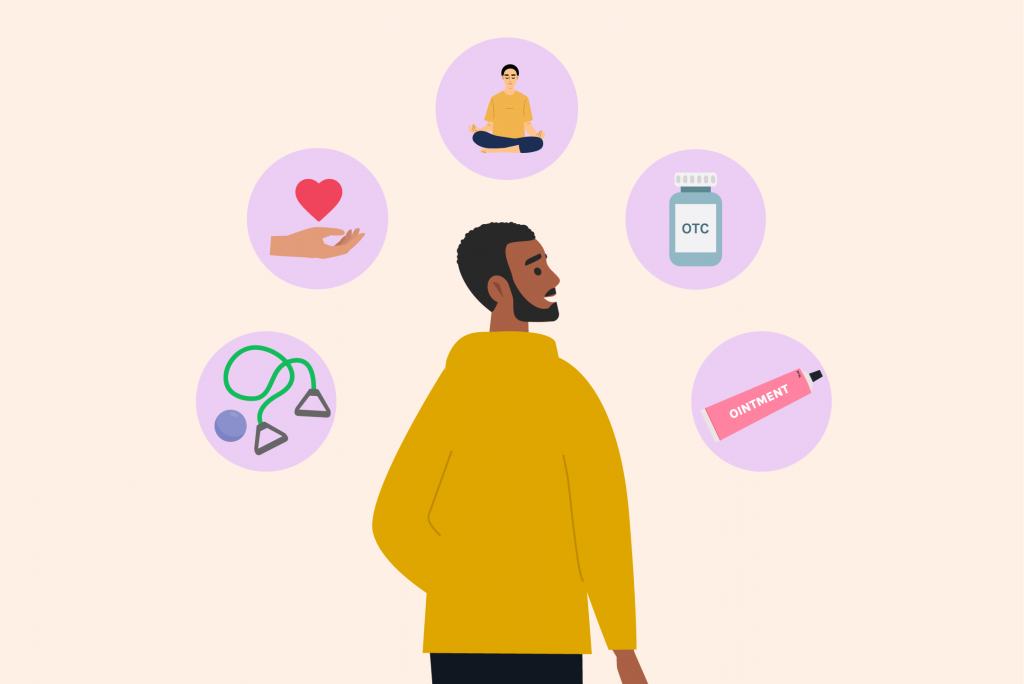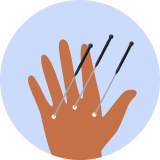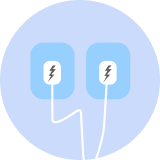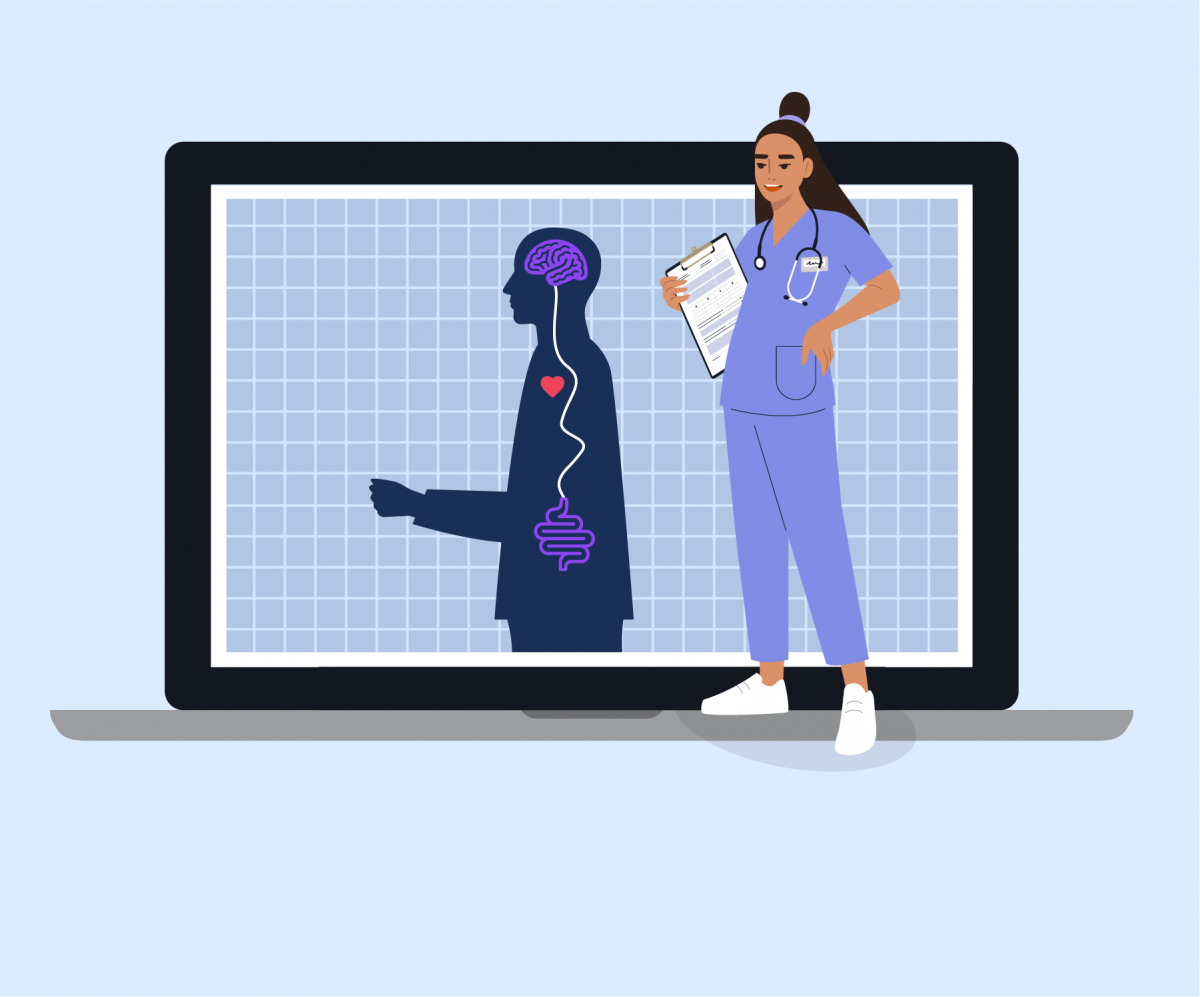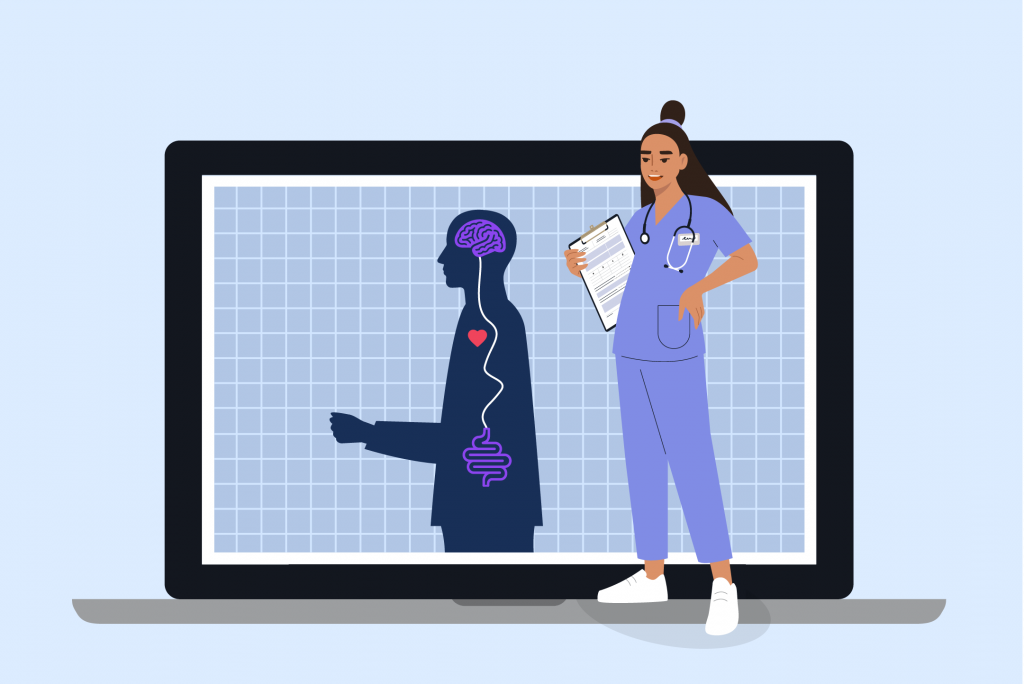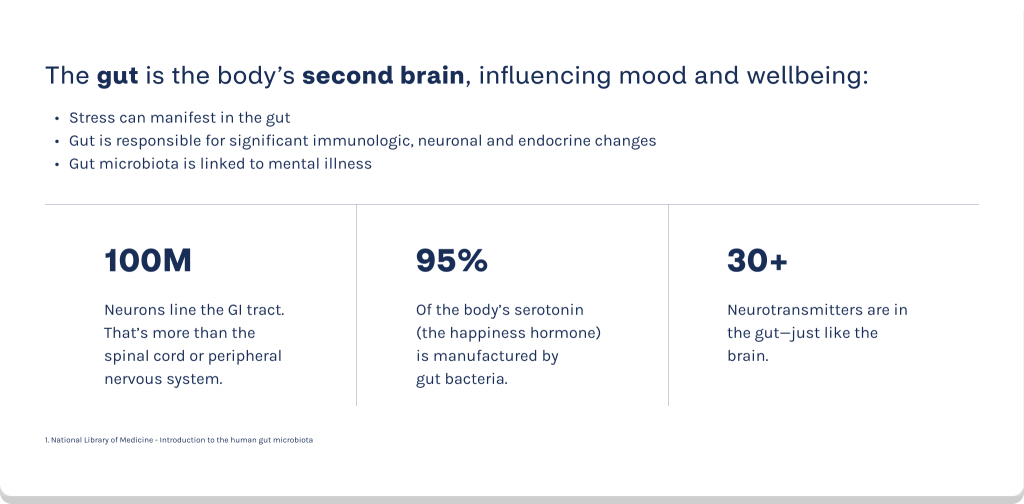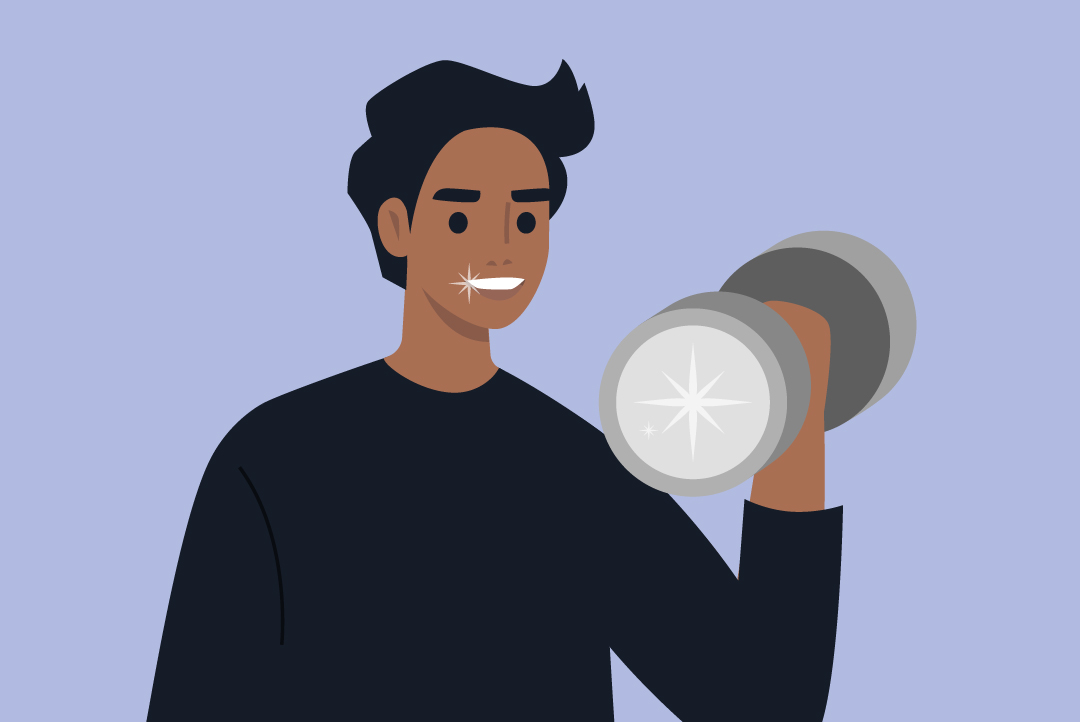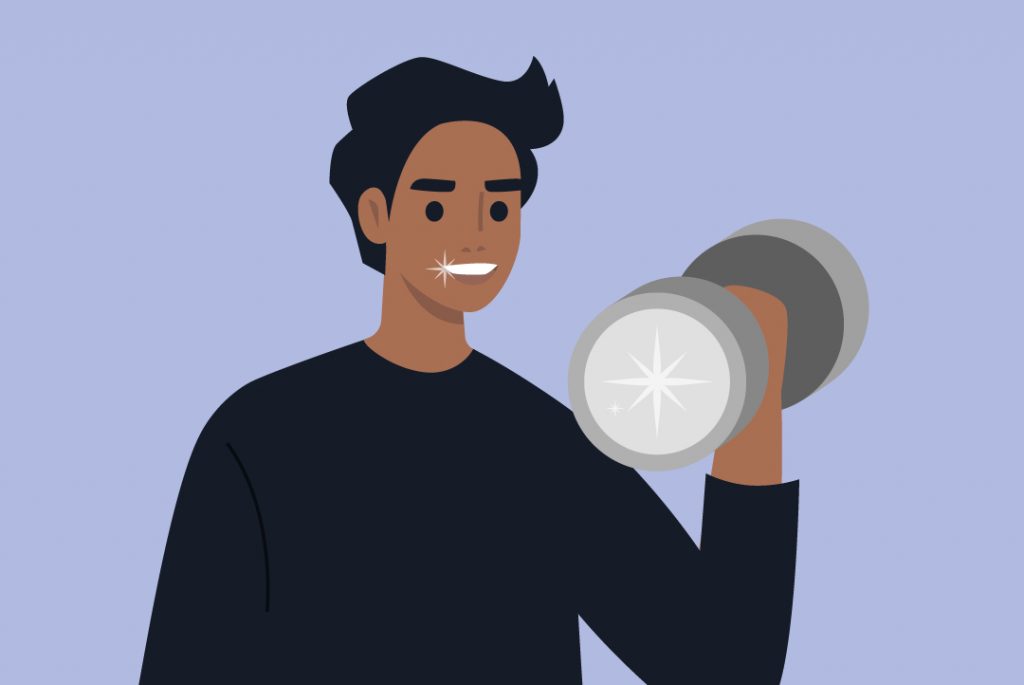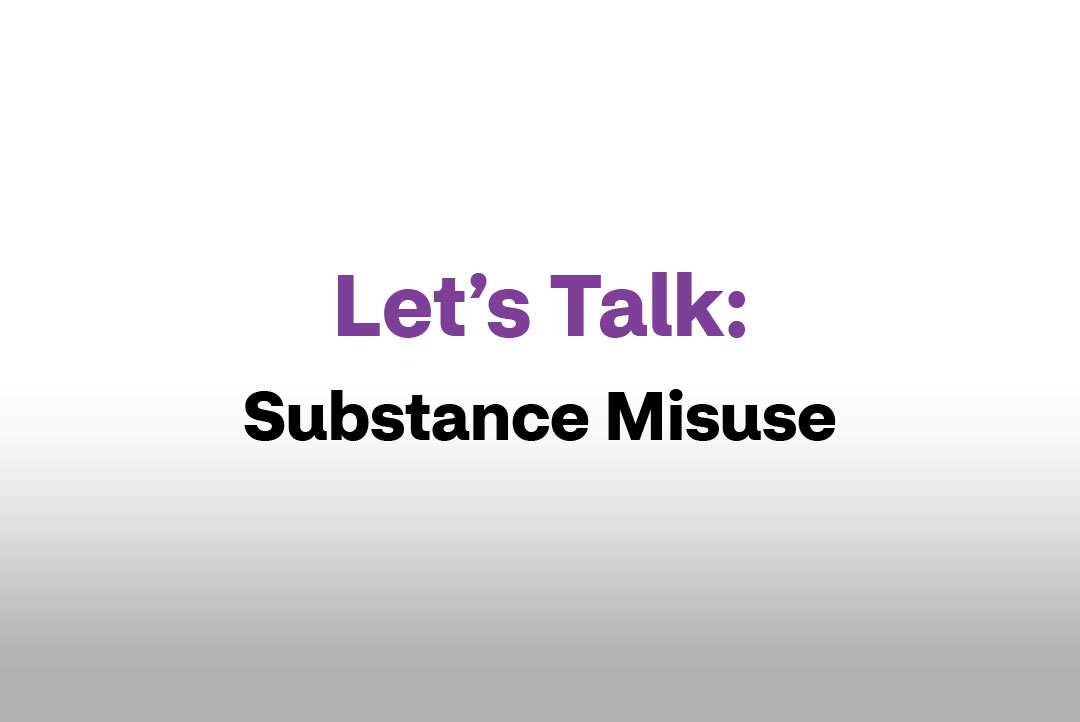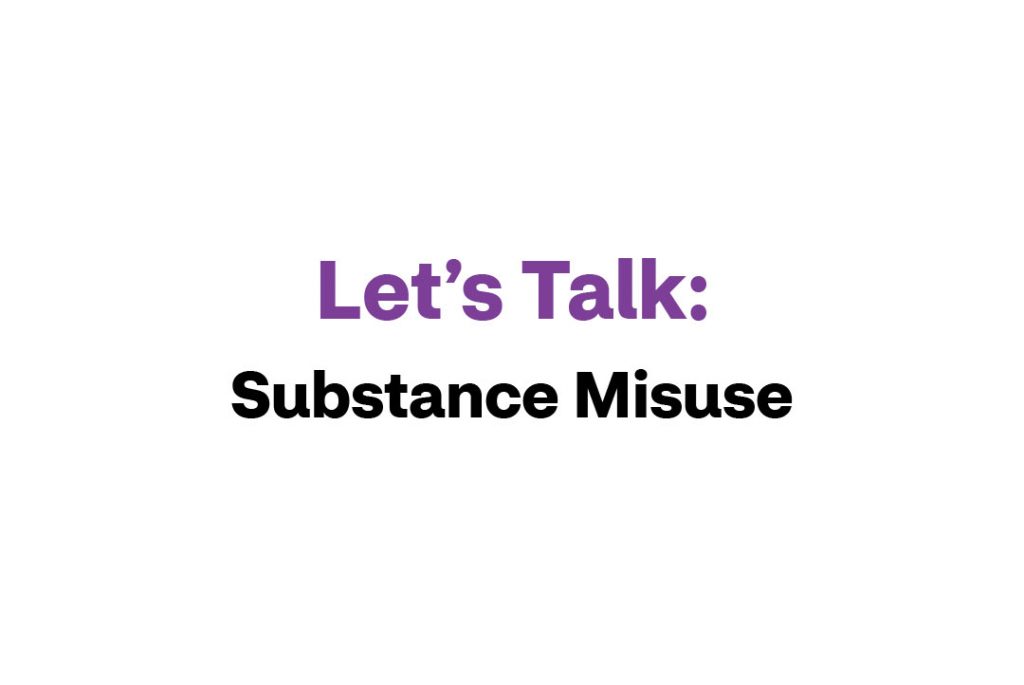
TAKE ACTION
JULY 2024
How to get help for substance use concerns
If you’re struggling with alcohol, drugs or opioids, or you love someone who is, you may feel hopeless, worried or guilty. You’re not alone — 7,500 Costco employees battled substance use concerns last year. The truth is, these problems are common, treatable health conditions. Your Costco benefits are here to help, without judgment, whenever you are ready.
Looking for more? Find other articles below

A complex disease
Some people don’t understand why or how other people become addicted to alcohol, drugs or prescription medicines. They may mistakenly think that those who use substances lack moral principles or willpower and that they could stop by simply choosing not to.
In reality, substance use disorder is a complex, long-term disease, like asthma or diabetes. Drugs and alcohol change the brain in ways that make quitting hard, even for those who want to.
A devastating impact
Substance misuse has enormous costs to those who are struggling and to those that care about them. It can break up families and destroy relationships. The impact to physical health is substantial. For just one example, it can increase risks of disease, such as heart disease, cancer or stroke. It can also seriously affect your finances.
Not only does addiction require a steady supply of drugs or alcohol, but those who are struggling may have difficulty keeping a steady income, drain their savings or retirement accounts to fund their habit, and rack up legal fees or court costs if sustaining their addiction leads to unlawful behavior.
Treatment is available
While an estimated 54.6 million Americans battled a substance use disorder in 2022, only 26% got treatment.1 One barrier to getting help is worry over the cost of care.
That’s why it’s important to know that substance use disorder is a medical condition. Treatment is covered when you use in-network providers, like any other medically necessary treatment. The same deductibles, copays and coinsurance apply.
Ready to get help?
Your medical plan provider, be it Aetna®, Triple-S or HMSA, is committed to giving you and your family the best possible care advice. For employees with an Aetna medical plan, the Live Healthy Team* can help link those battling substance misuse and their families with counseling, hospitals, rehabilitation centers and support groups, and help come up with care plan goals.
Treatment is highly individualized. One person may need different types of treatment at different times. Your doctor and care team will help guide you on your path to recovery and support your progress along the way.
Most treatments involve detoxification, during which you stop taking the substance and allow it to leave your body. You can go through detoxification in both inpatient and outpatient settings. Your doctor may recommend therapy to treat any co-occurring mental health conditions and to teach healthy coping techniques. Medication may also be part of your treatment plan to relieve craving and withdrawal systems.
Resources for Living (RFL) provides counseling to help people with substance use concerns learn healthier thought patterns and behaviors. Employees can also use RFL’s Mind Companion Self-care as a self-guided recovery tool.
Substance use in teens
Peer pressure and glamourization of alcohol and drug use in mass media can affect teens’ substance use decisions. In fact, a recent survey showed that teens are more likely to drink alcohol or use marijuana if the people they follow posted about it on Instagram or Snapchat.2
That’s all the more reason to talk to you kids about substance misuse. Take a deep breath, stay calm, and use these tips to be real with your kids.
- Normalize the conversation based on their age and give them a safe space to ask questions.
- Don’t be afraid to set ground rules and expectations together.
- Accept their responses — even those you didn’t expect to hear — and resist the urge to lecture.
When kids test the substance use waters — or dive right into the deep end — it’s often the result of an underlying mental health condition. Teens with ADHD, anxiety and depression may use alcohol or drugs to self-medicate, even though that may worsen their symptoms. Telemynd* can help you and your child discover and address their mental health conditions through therapy, coaching and further evaluation, available for kids and teens up to age 18.
If you’re concerned about substance use concerns, for yourself or a loved one, talk to your doctor. And look to the resources below for help and support.
*Available on the mainland only.
1American Addiction Centers. Alcohol and drug abuse statistics.
2Florida International University. Teens are more likely to use alcohol and marijuana if they see themselves post about it on social media.
Sources:
Aetna. If you’re struggling with drugs or alcohol, Aetna can help.
National Institute on Drug Abuse. Understanding drug use and addiction.
Cleveland Clinic. Substance use disorder.



